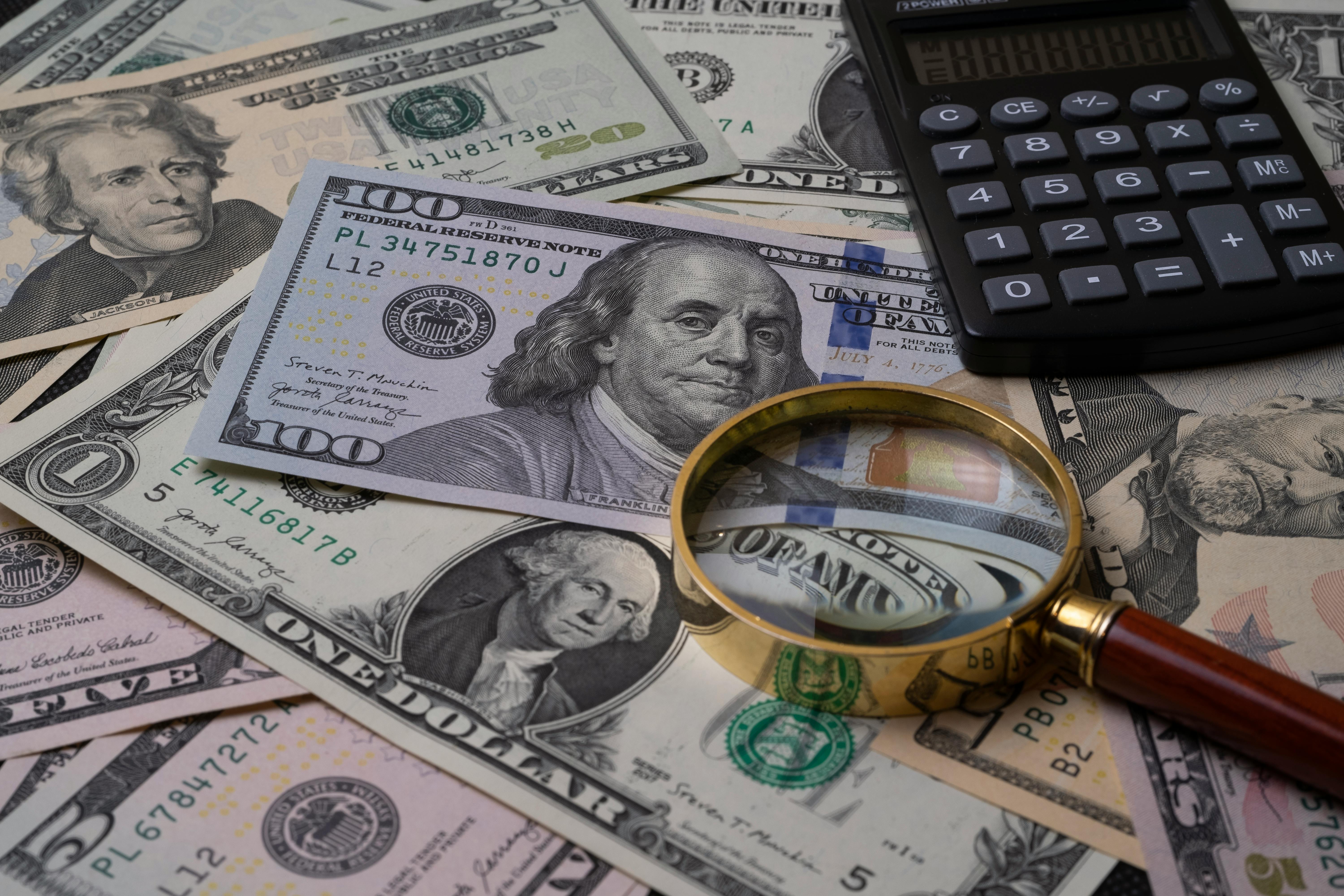
Moody’s Downgrades U.S. Credit Rating, Raising Concerns over Consumer Borrowing Costs
Moody’s Investors Service downgraded the U.S. sovereign credit rating from Aaa to Aa1 on Friday, citing the growing burden of the federal government’s budget deficit. The move is expected to lead to higher borrowing costs for consumers across a range of financial products. The downgrade immediately impacted bond markets, with the 30-year U.S. bond yield trading above 5% and the 10-year yield topping 4.5% on Monday.
As bond yields rise, so do interest rates for consumer loans such as mortgages, auto loans, and credit cards.

Money and calculator on the table | Source: Pexels
“It’s really hard to avoid the impact on consumers,” said Brian Rehling, head of global fixed income strategy at Wells Fargo Investment Institute.
“When our credit rating goes down, the expectation is that the cost of borrowing will increase,” said Ivory Johnson, certified financial planner and founder of Delancey Wealth Management. “A country represents a bigger credit risk, [so] creditors will demand to be compensated with higher interest rates.”
Currently, the average 30-year fixed-rate mortgage stands at 6.92%, and the 15-year rate is at 6.26%, according to Mortgage News Daily. Credit card interest rates, which closely track the federal funds rate, remain elevated, averaging 20.12%, just below last summer’s record.

Calculator and laptop on a desktop | Source: Pexels
“Downgrades can raise borrowing costs over time,” said Douglas Boneparth, CFP and president of Bone Fide Wealth. “Think higher rates on mortgages, credit cards, and personal loans.”
The downgrade by Moody’s follows similar actions by Standard & Poor’s in 2011 and Fitch Ratings in 2023. While the U.S. remains a dominant global economy, the move underscores increasing fiscal pressures.
“The U.S. still maintains its dominance as the safe haven economy of the world, but it puts some chinks in the armor,” Rehling noted.